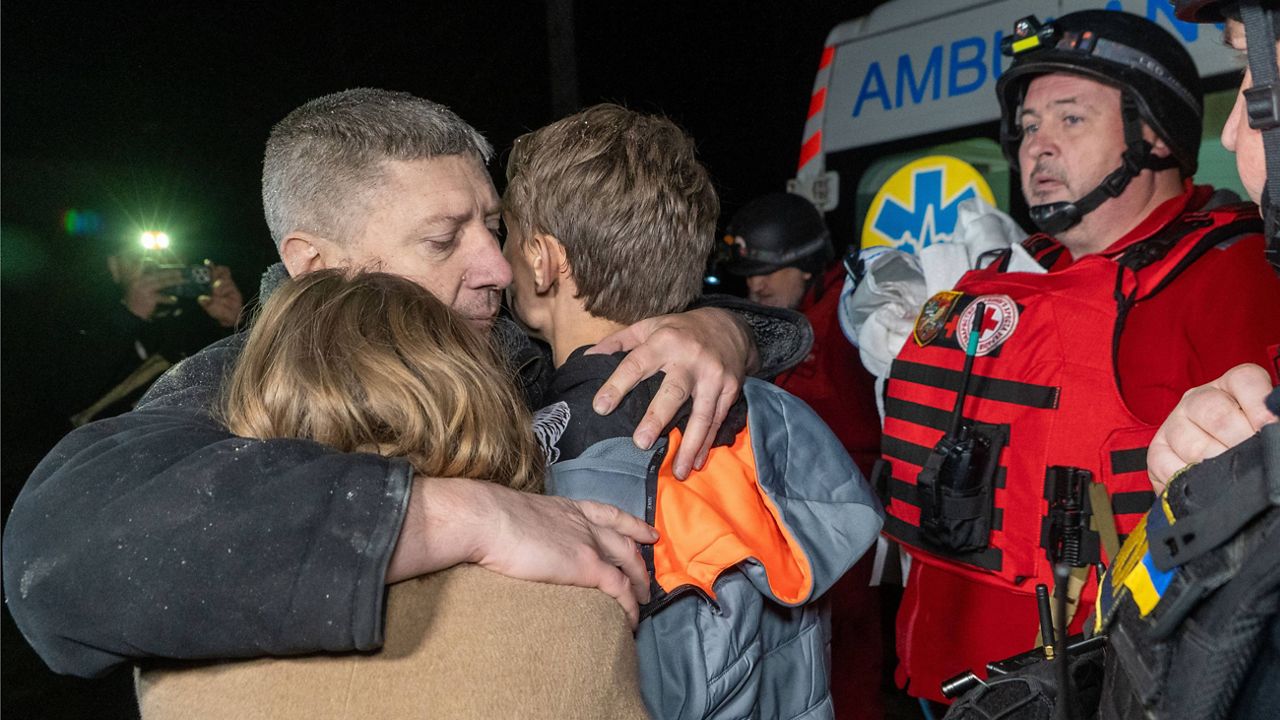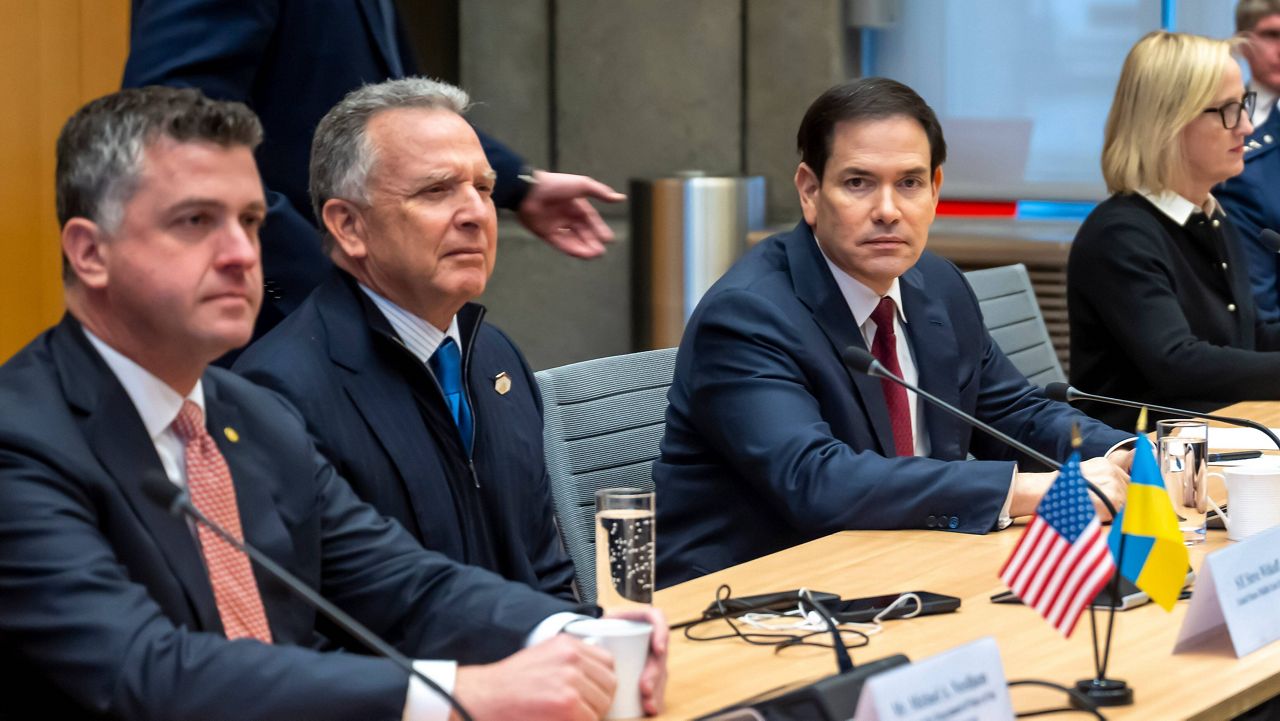On Saturday, June 21, President Donald Trump took action against Iran’s three main nuclear facilities without Congressional involvement. This evening, Local 3 sat down with Tennessee Representative Chuck Fleischmann to discuss how the decision was made, what it achieved, and possible next steps.
The decision
To begin, Fleischmann described the operation as a military success after Iran displayed certain behaviors:
“Unfortunately, Iran had engaged in a very aggressive, multi-site, nuclear program which existed all across Iran. After the three main strikes, there are three large facilities, many of which were underground, that are either completely destroyed or inoperable,” he tells Local 3. “So, the mission to destroy Iran’s ability to pursue and build a nuclear weapon was a complete military success. Total and utter devastation of the nuclear sites.”
In terms of the specifics of why Iran’s nuclear sites were bombed, Fleischmann says the decision came after months of negotiation and more than 60 days of communication with Iran.
“This was an action that was taken, I think, very well and advised by President Trump and his team after not only months of negotiation, but a 60+ day period in which they were very clear with Iran that they had to basically disarm and move away from their nuclear program.”
He says it was “abundantly clear” that Iran was doing two things:
- Dangerously enriching uranium to potential weapons-grade
- Delivering weapons through their missiles program after enriching the uranium
Fleischmann said that Iranian leaders did not heed warnings, leading to the decision to strike.
He also explained that, because there was no official declaration of war, Congressional involvement could technically be bypassed, meaning no members of Congress were notified of the event before it happened. Fleischmann said he was notified by a friend at the White House just before the sites were destroyed.
“If there was a formal declaration of war, that would be the case [in reference to why Congress was not briefed]. I believe President Trump, as any other president–whether its president Obama or president Biden–has the executive authority under the constitution to launch such a strike if he feels it’s in the interest of protecting the American people and some key assets.”
He continued, “Trump was infinitely patient in waiting and trying to work with Iran diplomatically; we could not allow Iran to arm itself with a nuclear weapon because they not only threaten to use it, they promise to use it primarily against our key ally, Israel, and eventually the United States. So, president Trump has engaged in that.”
Local reactions
The decision has received mixed reviews from leaders in both the Republican and Democratic parties. In Tennessee, Governor Lee praised the decision, calling it “courageous”, while Representative Marjorie Taylor Greene condemned it, saying she is tired of funding “foreign everything” rather than American interests.
Potential next steps
Fleischmann noted that although Israel’s security force knew some important specifics, such as where Iran’s military leadership was and where they were holding nuclear energy, there are still a few unknowns:
“What we don’t know, and what we hope hasn’t happened, is that Iran has not moved any fissile material, such as uranium, to another site before the devastation took place. If in fact they did, we–the United States, Israel, and the free world–will have to rely on intelligence reports, which are extensive.”
With this in mind, we asked Fleischmann the most daunting question of all:
Are we close to war?
Fleischmann says he thinks we’ve moved away from the possibility now that Iran’s nuclear sites are destroyed.
“In terms of a formal declaration of war, I think not, based on the actions–that I support–that President Trump took. It basically destroyed Iran’s capability in terms of building a nuclear weapon,” he explains. “I think that moves us further away from the potential for war. I think we would’ve been a lot closer, God forbid, if Iran had gone through with full enrichment, full delivery of a nuclear weapon against Israel or against anyone.”
He says the Trump administration has issued more warnings towards Iran concerning creating conflict, but says violence against Israeli civilians has continued using ballistic missiles.
He concluded the interview by stating that he thinks we’re in the clear, at least for now, but says there will be a need to follow up to ensure Iran doesn’t re-arm themselves in terms of nuclear weaponry.
“Do I think we’re close to war? No. Do I think we’re close to an escalation? I hope not, but this is where I think the United States needs to look country by country in the region and deal with their leaders, their leadership, their concerns. But, today, I think there’s a decided sigh of relief that a nuclear Iran will not happen. We made sure of that.”



